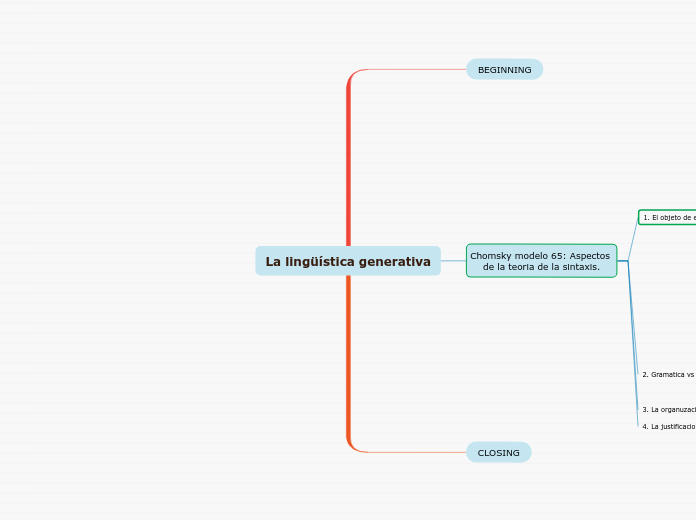por marifer perez hace 4 años
300
La lingüística generativa

por marifer perez hace 4 años
300

Ver más

To name your story, you have to think about the overall message and what you want your audience to understand from the story. Also, make it relevant and easy to remember.
The ending of a story is essential. We all know that if the ending is weak, what happened before loses its importance. So make it unpredictable, but fair. A resolved ending answers all the questions and ties up any loose threads from the plot.
The middle of the story is where you add layers of complications that will lead to the end. Reveal more about the character's journey. Did their personality go through changes? How did they overcome the challenges? And as you build up the story’s central conflict, make it more personal to that character. Also, from the middle act, you have to lead into the final act.
There wouldn't be any tension and excitement in your story if there weren't any obstacles in your character's way.
Your character(s) need(s) motivation in order to solve the challenge(s).
Emisiones naturales
Secondary characters also might have motivs beacuse of which they may cross path with main character or which might trigger them to help the main character.
Motivation
Competencia y aceptabilidad con la actuacion
Each story has a main character and that character usually needs to solve a problem or challenge. The character's challenge is the one that creates tension throughout the story.
Conjunto de reglas generales que definen la competencia del hablante oyente-ideal.
Facultad exclusivamente humana
La capacidad mental que tiene un hablante-oyente y genera oraciones formadas (Gramaticales).
Proceso productivo
Actuacion
Uso real de su lengua en situaciones concretas.
Competencia
Conocimiento que el hablante-oyente tiene de su lengua.
In the beginning of the story (or the exposition), you will need to introduce the setting and characters. You might also want to introduce the main conflict. This part of the story is important because it gives the reader necessary background information and maybe even a first insight into a character’s personality.